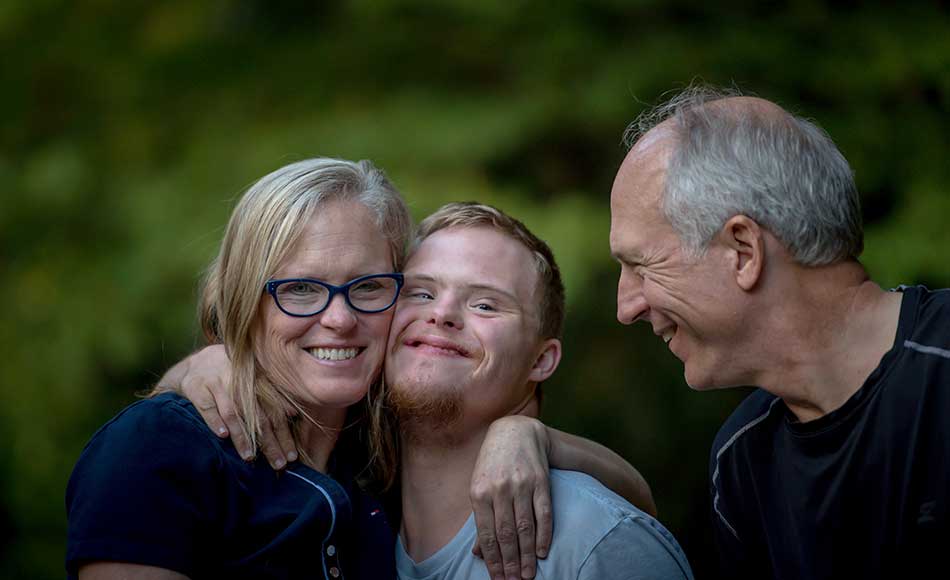Definitions
Vulnerable people are
-
Children; or
-
individuals aged 18 years and above who are or may be unable to take care of themselves, or are unable to protect them-self against harm or exploitation by reason of age, illness, trauma or disability, or any other reason.
Below is a non-exhaustive list of examples of vulnerable groups:
-
children;
-
the aged/elderly;
-
pregnant women;
-
victims of abuse;
-
the homeless;
-
refugees; and
-
people with physical disabilities or mental health conditions.
A police check is a collation of police and conviction history information about an individual that has been determined releasable by Australia’s police agencies.
Is a police check useful to perform on people working with vulnerable people?
Yes, police check is a good thing every employer should perform to protect vulnerable people and in general any other employees, client or supplier. Also a bad hiring can cost any organisation their reputation, hiring a new person, or it can generate other bad hiring as a snowball effect.
However, legislation governing the protection of vulnerable people varies according to the particular state or territory. You need to check what are your specific legal requirements.
Nevertheless, by seeing the notes from the Royal Commission on the Aged Care facilities, https://agedcare.royalcommission.gov.au/sites/default/files/2020-10/RCD.9999.0541.0001.pdf, as an example, and as SnowBell wants to defend children and vulnerable people, we suggest to perform police checks often, in particular on people working with vulnerable personas. A police check is a ‘check in time’, and a person may have committed a relevant crime from the day after. It is important to run police checks regularly to avoid having to deal with serious issues and crimes later on.
What are the industries most exposed?
The industries most exposed in having cases of abuse on vulnerable people are childcare, aged care, healthcare and education.
If you are an employer, organisation or someone working in those industries and you are in contact with vulnerable people is important you run police checks regularly, and to find legal advice for your specific case.
Types of vulnerable people police checks
When you apply for a police check you will be asked whether you have:
-
supervised contact with vulnerable people;
-
unsupervised contact with vulnerable people; or
-
no contact with vulnerable people.
Contact means direct or indirect face-to-face contact, phone contact or any type of communication over the internet.
Supervised means the individual is in the presence of an adult who is responsible for the safety or care of the vulnerable person/groups.
Unsupervised means the individual is not in the presence of an adult who is responsible for the safety or care of the vulnerable person/groups.
Police check types
Police Check for Employment
This category appropriately covers the majority of individuals seeking a check. An example of when to use this category is when an individual is seeking to work at the local grocer.
Police Check for Licence
An example of when to use this category is when an individual is seeking a check to obtain a liquor and gaming licence.
Police Check for Probity
It is often used for individuals seeking a check in support of personal reasons or acquiring a position of trust. An example of when to use this category is when an individual is seeking to become an unpaid member of a Board. Other reasons for use of the probity category may include decision making or assessment for an entitlement. An example of when to use this category is where someone is seeking access to a registration decision, which is not being issued by the licensee (the regulator).
Police Check for Immigration and Police Check for National security
These two categories are only offered to specific Australian Government agencies. Immigration is only used by the Department of Home Affairs, and National Security is used by law enforcement agencies.
Volunteer Police Check
Some police check providers offer discounted rates for police check for volunteer positions.
Volunteer checks may only be requested if the individual will:
- freely hold the position or perform the role on a voluntary basis for the common good; and
- not be an employee or contractor and will not be entitled to a salary or any other entitlements associated with the position or role, other than payment of out of pocket expenses; or
- not be entitled to a salary or any other entitlements or benefits associated with the position or role; or
- be a student undertaking a compulsory unpaid vocational placement as part of a training course requirement from an Australian-based educational institution.
Other checks
NDIS
A National Disability Insurance Scheme (NDIS) worker screening check is required for individuals working within the disability sector. The NDIS check allows the consistent, maximum release of information, in order to safeguard the placement of suitable people into positions of trust, and to prevent the placement of unsuitable candidates in roles exposed to vulnerable people.
Please see the NDIS Commission website for further information regarding the applicable check for your state or territory.
https://www.ndiscommission.gov.au/workers/worker-screening-workers
ECHIPWC
The ECHIPWC category is only available to legislated Working With Children Screening Unit’s to support the submission of a Working With Children Check. It is important to remember that a Working With Children Check is separate and different to a check.
If an individual is seeking a check for employment, probity or licencing, and will have direct or indirect access to children, you must use the appropriate category (employment, probity or license) and identify the applicant’s level of access with children within the check Purpose.
How to get a police check
You can do a police check from different sources as
- Police Stations
- ACIC accredited bodies – Some of these accredited bodies have specific services to support organisations and businesses, like Backy Check from our partner AMICI Tech

